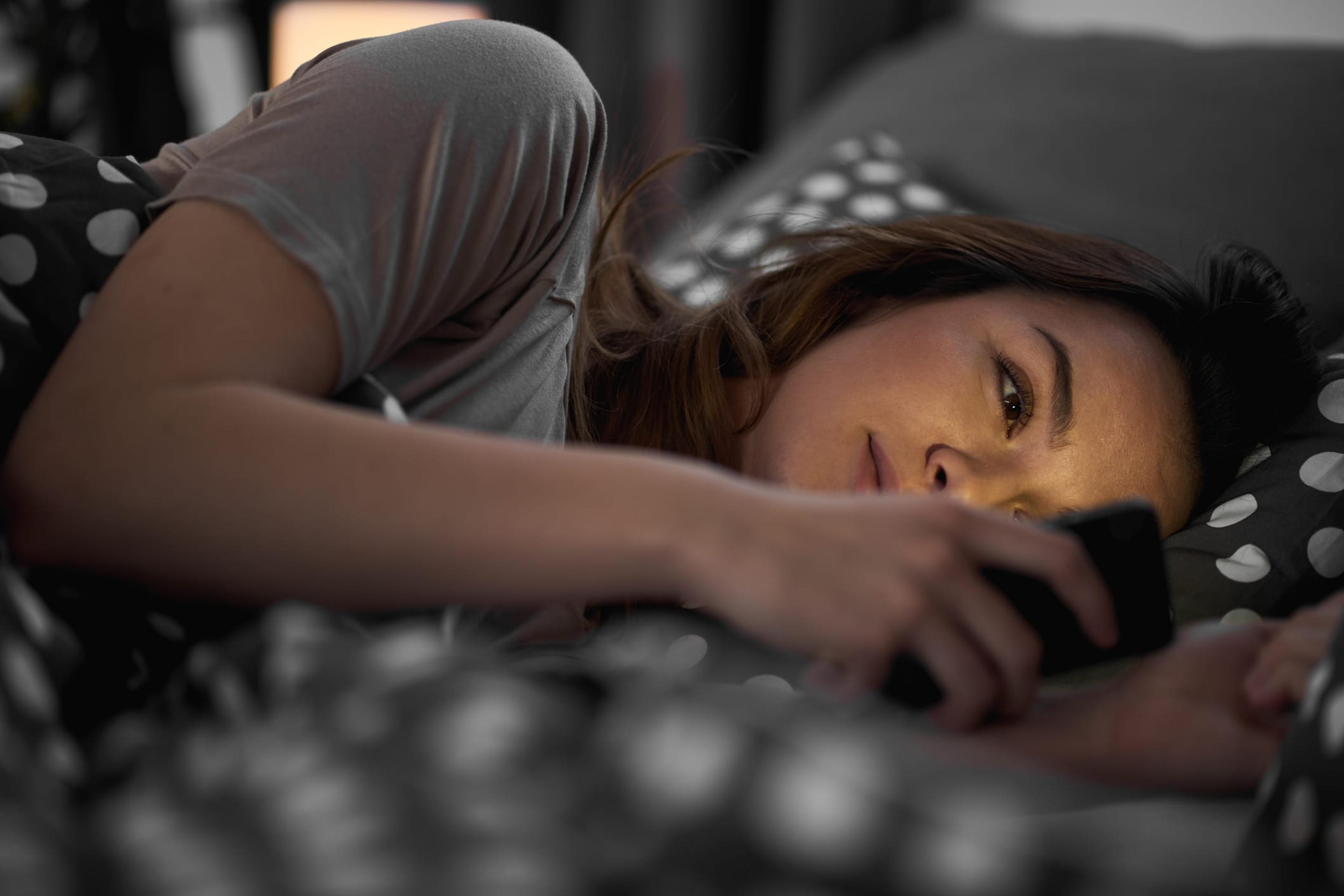
Today, many people are seeking alternative options for mental health care. Some turn to alternative treatments for mental disorders because they’re concerned about the side effects of certain drugs, including those that are sometimes used to treat depression and anxiety. Here are several types of alternative treatments that some individuals have tried:
- Acupuncture
- Hypnosis
- Yoga
- Tai chi
- Ayurveda
- Homeopathy
- Reflexology
According to a survey conducted by the National Institutes of Health, 38 percent of adults said they had used some form of complementary or alternative medicine. And about $34 billion is spent on alternative medicine per year in the U.S. While many take advantage of alternative treatments, the vast majority of these alternatives don’t have peer-reviewed research to support their effectiveness. That’s one reason Blue Cross Blue Shield of Michigan insurance plans don’t cover these types of alternative treatments. Blue Cross does, however, encourage members to engage in various health and wellness activities. You may want to check out the For You section of mibluesperspectives.com or the Mind section of ahealthiermichigan.org for mental health information and tips for living a healthier, happier life. Blue Cross and Blue Care Network also support many innovative approaches to health care, such as the use of telemedicine when certain conditions are met. Telemedicine is the use of telecommunications technology for real time, medical diagnostic and therapeutic purposes. For example, members who have Blue Cross® Online VisitsSM can use online health care services for both medical and mental health issues. “Technology is a great tool that can be utilized to complement more traditional health care visits to improve access and overall wellness,” said Kristyn Gregory, D.O., medical director of behavioral health for BCN.
Other alternatives to traditional therapy
These days, there are even mental health apps that address various mental health conditions, including depression, anxiety, bipolar disorder and obsessive-compulsive disorder. Most are free or reasonably priced. An article in psycom.net highlights the top 25 best mental health apps and includes comments from mental health experts on how effective they are as an online treatment. One app, called Calm, was named by Apple as the 2017 iPhone App of the Year. Sal Raichback, a psychologist quoted in the article, notes that mental health apps have the potential to reach people who would otherwise not receive help by removing the barriers to treatment. “Sadly, only a small percentage of people actively seek professional help for their mental health problems,” he said. According to Mental Health America, 56 percent of American adults with a mental illness did not receive treatment. Most experts agree, however, that apps should serve as a supplement to therapy, not as a replacement. There are also texting apps that use a secure, private “room” to enable people to communicate with their therapist. You can post and reply to messages in your room 24/7. Your therapist will see your messages and respond to you throughout the day. Blue Cross and BCN have integrated some apps into their treatment protocols. For example, BCN uses the A-CHESS app as part of a pilot program, called CLIMB, to treat members struggling with opioid use disorder. The app helps them connect to peer support group or their therapist when they need help.
Searching for mental health care services
The ways that people look for help is also changing. While traditionally people have sought to connect with a mental health provider through a referral from a physician, personal contact or a professional organization, today many use the internet to find a psychotherapist, psychologist or other mental health professional. Blue Cross’ Find a Doctor search feature at bcbsm.com makes it easy for members and nonmembers alike to search for mental health care providers in their area. From the homepage, click on Find a Doctor at the left side of the screen, enter your location and then enter “mental health” in the search field. Many people find that peer support is another helpful tool that can aid in their recovery — and some support groups offer online support. Mental Health America’s Find Support Groups page can help you find a group that’s right for you. Free hotlines are yet another resource for people seeking help for mental health conditions. Here are two:
- Substance Abuse and Mental Health Services Administration: 1-800-662-HELP (4357)
- National Suicide Prevention Lifeline: 1-800-273-TALK (8255)
If you found this post helpful, you might also be interested in:
- 5 Advantages of Using Blue Cross Online Visits
- New Opioid Treatment Model Will Serve Blue Care Network Members
- 5 Ways a Journal Can Help You Feel Happier
Photo credit: millann





